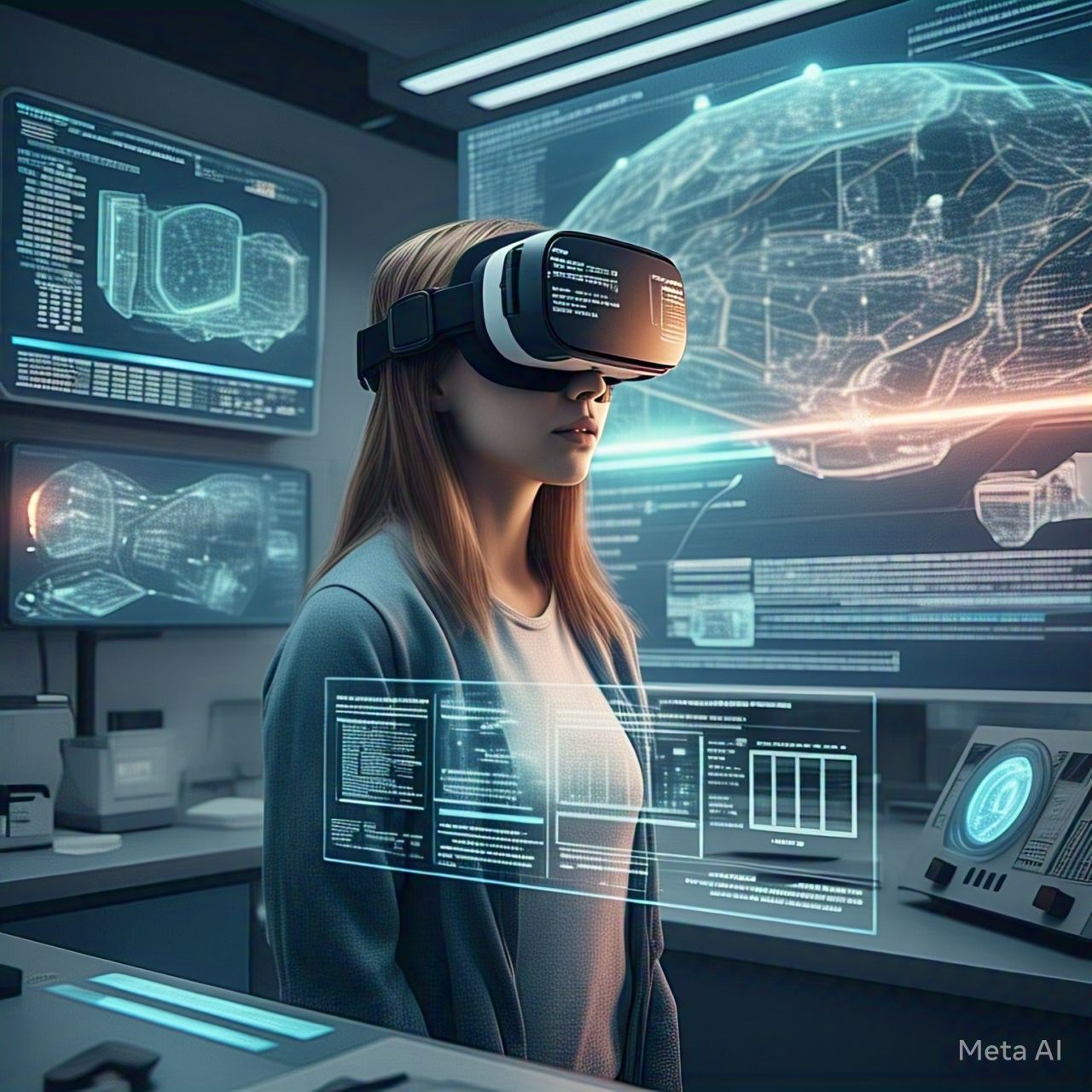Introduction
Artificial Intelligence (AI) is revolutionizing industries, transforming daily life, and enhancing efficiency. However, as AI advances, it also raises pressing ethical concerns. How do we balance technological innovation with moral responsibility? Addressing this dilemma is essential to ensure AI serves humanity fairly and responsibly.
The Ethical Challenges of AI
1. Bias and Discrimination
AI systems learn from data, but if the data is biased, AI can reinforce and even amplify discrimination. Examples include biased hiring algorithms and facial recognition inaccuracies affecting certain demographics. Ensuring fairness in AI models is crucial for ethical deployment.
2. Privacy and Surveillance
AI-powered tools analyze vast amounts of personal data, raising concerns about privacy violations. Companies and governments must establish clear regulations to protect individuals from intrusive surveillance and data misuse.
3. Job Displacement
Automation through AI is leading to job losses in multiple sectors. While AI creates new opportunities, workforce reskilling and economic policies are necessary to mitigate the negative impacts on employment.
4. Autonomous Decision-Making
AI is increasingly used in high-stakes decisions, such as medical diagnoses, financial lending, and legal rulings. The challenge is ensuring accountability when AI makes errors or unethical choices, as well as maintaining human oversight.
Striking a Balance Between Innovation and Ethics
1. Transparent AI Development
Developers should prioritize transparency by making AI algorithms interpretable and understandable to users. Explainable AI (XAI) can help build trust and prevent unethical use.
2. Ethical AI Governance
Governments and organizations must collaborate to create ethical AI regulations. Policies should focus on fairness, accountability, and the responsible use of AI in sensitive areas.
3. Inclusive AI Development
AI development should involve diverse teams to prevent biases and ensure broader societal representation. Ethical AI should be designed to benefit all communities rather than favoring select groups.
4. Human-AI Collaboration
Instead of replacing human judgment, AI should complement and enhance decision-making. Ethical AI design must ensure that human values remain at the core of technological progress.
Conclusion
AI has the potential to drive significant progress, but without ethical considerations, its risks could outweigh its benefits. By integrating moral responsibility into AI development, society can harness AI’s power for good while minimizing its negative consequences. The key to a sustainable AI future is a balanced approach—one that prioritizes both innovation and ethical responsibility.





